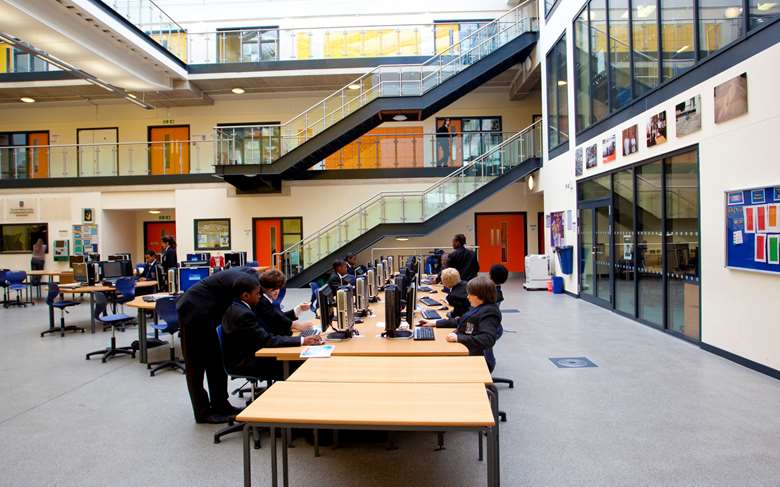'No evidence academies improve children's outcomes' - MPs
Laura McCardle
Tuesday, January 27, 2015
There is no evidence that the government's flagship academies programme is improving outcomes for disadvantaged children, MPs have concluded.

In its Academies and Free Schools inquiry report, the education select committee warns that limited evidence on the impact of academies means it is unable to draw firm conclusions on whether they are a “positive force for change”.
As a result, the report recommends that the government should “stop exaggerating” the success of the academies programme unless it has clear evidence to prove its impact.
However, the committee accepts that the "overall state” of schools has improved since 2010 and credits the scheme for incentivising local authorities to deliver “speedier and more effective” interventions in underperforming maintained schools.
The wide-ranging report also tackles the issue of responsibility for the oversight of school performance and urges the Department for Education to clarify the roles of local authorities, warning that their efforts to hold schools to account could be hindered if they feel “marginalised and ignored” by academisation.
The report makes a similar call in relation to the eight regional school commissioners (RSC), who came into post in September last year to form the "middle tier" between Whitehall and individual academies, and warns that their numbers must be increased in order for them to be effective.
Graham Stuart, chair of the education committee, said that there is a need for greater transparency.
“It is still too early to know how much the academies programme has helped raise standards,” he said.
“Current evidence does not prove that academies raise standards overall or for disadvantaged children.”
Responding to the report, Education Secretary Nicky Morgan said that academies play a key role in the government’s efforts to improve outcomes for children.
“Delivering the best schools and skills so that our young people can fulfil their potential and succeed in life is a vital part of our long-term economic plan for Britain, and free schools and academies are central to realising this ambition,” she said.
“They have also created greater choice and are more accountable to parents and communities who have a much greater opportunity to hold them to account than has been the case with schools in the past.
“The interests of parents, pupils and communities are at the heart of the programme.”
Chris Keates, general secretary of the NASUWT teachers’ union, said: "The NASUWT has made the point consistently that there is no evidence that structural change raises standards. At a time of savage cuts and austerity, enormous sums of public money have been diverted to support this programme.
“Post the general election, it will be essential that change is made to ensure that all schools are working together to deliver educational entitlements for all children and young people under the strategic direction of democratically accountable local bodies.”




